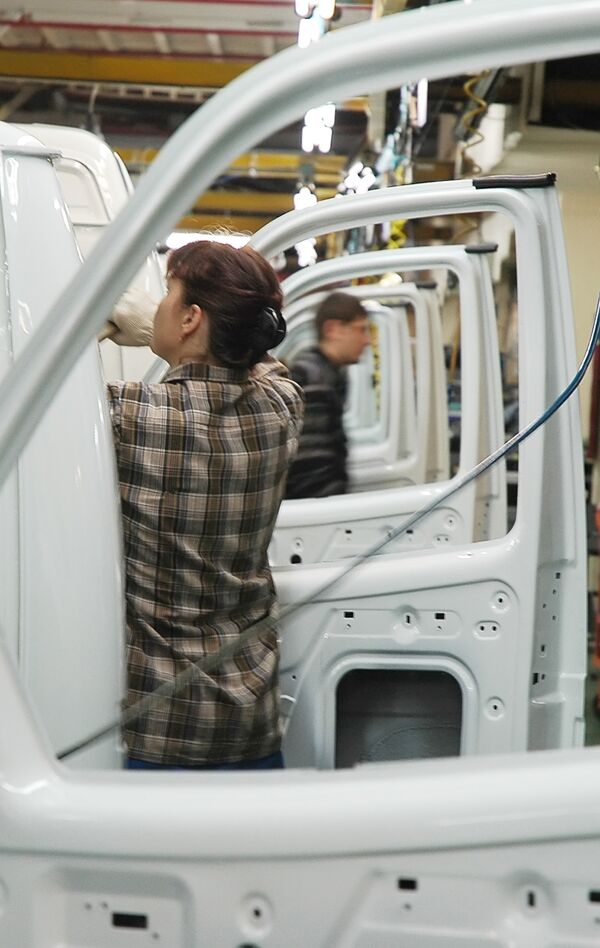The Russian government has signed four car assembly agreements with a total investment of over $5 billion, including $1.1 billion which Fiat plans to invest in the expansion of a local automobile factory and the creation of a factory to produce engines, an Economic Development Ministry official said on Wednesday.
"Four additional agreements on the new industrial assembly regime were signed ... the overall investment volume is over $5 billion," Dmitry Levchenkov, head of a special economics zones and project finance department of the ministry, told reporters. "Up to 100,000 modern car models will be produced in the volume of up to two million a year."
He said the investment would be made within three or four years.
Russia was about to overtake Germany and become Europe's biggest car market before the 2009 crisis halved its annual sales. They recovered last year aided by a government-sponsored cash for clunkers scheme, and industry analysts now expect Russia to become the sixth-largest global auto market by 2020, up from its current position as No. 10.
Europe, on the contrary, is expected to stagnate. Car makers have rushed to Russia to use the advantages its market offers and the government has promised to relieve them of import duties on car components for eight years in exchange for commitment to build at least 300,000 cars a year per production site by 2015.
Levchenkov said agreements had been signed with Sollers, Ford, Volkswagen, General Motors and an AvtoVAZ, Renault-Nissan, Izhavto and KamAZ consortium.
GM will invest about $1 billion to expand and modernize its Russian facilities, while Volkswagen will invest $900 million, he said.
He said that Fiat, the only foreign company which has not signed up for the new regime, has committed itself to expanding production to 120,000 cars from the current 25,000 and building an engine plant in Nizhny Novgorod on the Volga.
Fiat, whose Russian partner Sollers dropped out unexpectedly earlier this year, is in talks with Sberbank to finance the project, Levchenkov said.
MOSCOW, June 1 (RIA Novosti)


